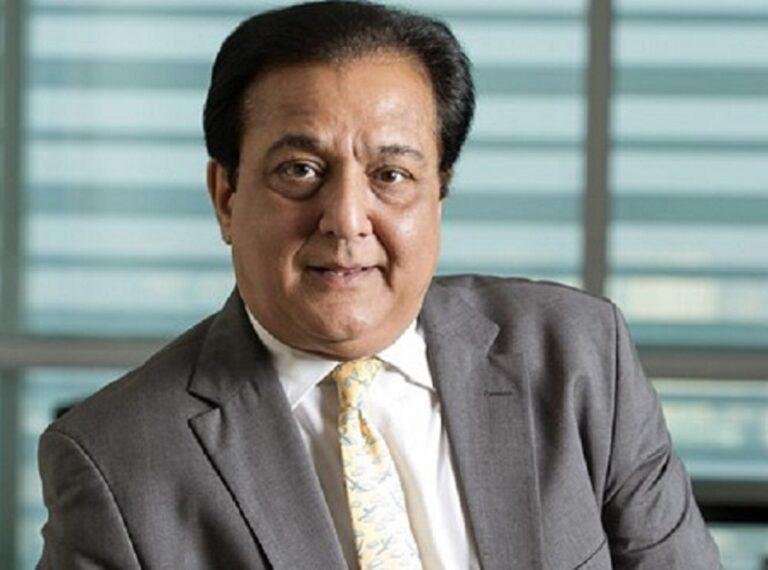Age is more than a number with IVF: Dr Gautam Allahbadia’s expert medical advice
An experienced veteran in ART (Assisted Reproductive Technology) with 30 years of medical expertise in IVF, Dr Gautam Allahbadia answers all the queries and concerns surrounding the role played by age when it comes to IVF.
Planning a family is a subject that weighs heavy on every couple’s minds, especially because of their concerns about age and their biological clocks. While IVF facilitates conception in cases made difficult by various reasons, including advancing age, there are some crucial factors which should be taken into account by people wishing to experience parenthood.
The onset of advance age, considered to be around mid-30s, affects the bodies and its functions drastically. The chances of infertility increase for women around this period, as there is a gradual decrease in the number of eggs which can be fertilized. Dr Allahbadia assures the success of IVF in dealing with such a scenario: “With IVF, this factor can be greatly neutralized through cryopreservation – in which the eggs are taken from the body at a young age (usually in mid-20s) and ‘frozen’, so that they can be fertilized at a later time via IVF.”
Similar to the natural process of reproduction, ART too has some factors which affect the success rate of the methods. For IVF, the average legal limit in accordance with expert medical opinion is 45-50 years across the globe. Women in their 20s and early 30s have the highest rate of healthy embryo implantation. “Till the age of 35, average success rate of IVF is close to 40%. However, this number begins declining over time and this must be kept in mind by people contemplating parenthood”, advises Dr Gautam Allahbadia.
Also read: What happens after Laparoscopic Hernia Surgery?
For people who are of the Advanced Maternal Age (AMA), which is considered as being more than 38 years old, there are some factors they need to be aware of. With age, the female body experiences steady decline in the supply of eggs that can be fertilized. Starting at almost 2 million eggs at the time of birth, the finite supply drops to less than 10,000 by the age of 40.
Since the rate of implantation decreases with age, more embryos are transferred in older women to achieve successful conception during IVF. In the event of healthy pregnancy at advanced age, the toll on the mother’s body needs to be closely monitored and managed. Dr Gautam Allahbadia cautions about the risk of gestational diabetes. He recommends, “Extremely strict control on blood sugar levels through diet is of utmost importance. It must be ensured that the intake of folic acid, calcium, iron, and vitamin D is increased.”
There may be a need for medications, but only after a thorough and routine checkup by the doctors. For this purpose, regular prenatal care and doctor visits prove to be immensely useful in monitoring the health of the baby and the mother. “A comprehensive and regular physical activity must be maintained to increase stamina and muscle strength. Such a routine should be made with proper consultation with the doctors.”
Taking care of the baby involves taking best care of oneself. It becomes even more imperative when dealing with advanced age pregnancy. While IVF is a highly efficient medical technology for assisted reproduction, it requires deep understanding and regular monitoring of wide-ranging aspects. Dr Gautam Allahbadia’s advice and recommendations come from his three decades of medical expertise in IVF and Assisted Reproductive Techniques.
Also read: PharmAid MD Sanjeev Nanda lists future-forward trends that are transforming the healthcare sector.








